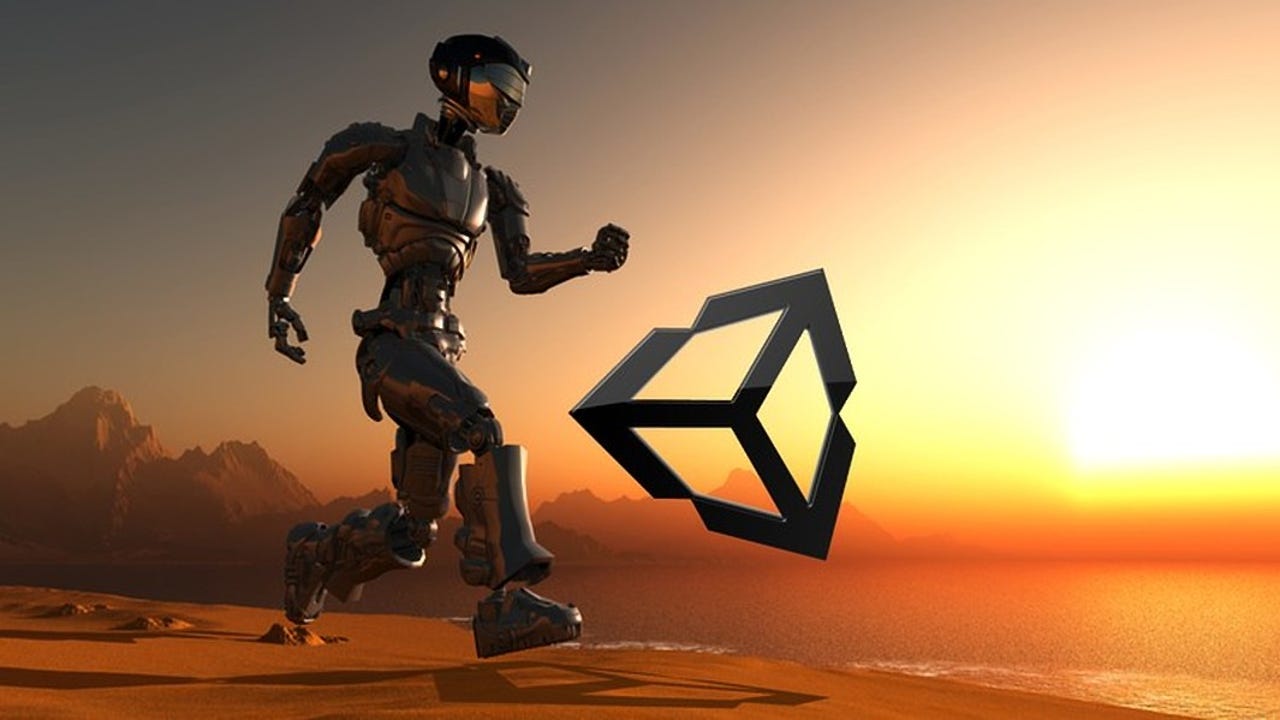Google's DeepMind teams with leading 3D game dev platform Unity


DeepMind, a British AI company acquired by Google in 2014, has partnered with Unity, the leading 3D game development platform, to research artificial intelligence agents. The result will be a simulated testing ground for AI agents, and the research is expected to lead to improvements in automotive and industrial fields.
"DeepMind researchers are trying to crack huge AI problems and Unity provides them with a solution of creating complex virtual environments that will enable the development of algorithms capable of learning to solve complex tasks across diverse environments," said Danny Lange, Vice President of Machine Learning and AI, Unity Technologies, in a prepared statement. "We believe the future of AI is being forged by increasingly sophisticated human-machine interactions, and Unity is proud to be the engine that is enabling these interactions."
Also: Misty the adorable robot just wants to be your friend CNET
Though known for gaming, Unity has become one of the primary testbeds for the development of intelligent agents, defined as autonomous entities that sense the world via sensors and act upon their environment to achieve some goal. Late last year, Unity unveiled ML-Agents, an AI toolkit for developers and researchers involved with machine learning to use to train AI agents.
With backing from parent Alphabet, DeepMind is one of the leading computer science labs working on artificial intelligence. Over 200 peer-reviewed papers have come out of the company, including in prestigious journals like Nature and Science.
One of the hurdles of creating intelligent agents that are designed to function in the real world, such as robots or advanced autonomous vehicles, is that it's incredibly difficult to account for the diversity of conditions the agent is going to encounter. Simulated environments offer a solution by allowing scientists to tinker with algorithms before they're deployed in costly hardware.
Also: Google DeepMind founder Demis Hassabis: Three truths about AI TechRepublic
But simulations are only useful if exacting in their replication of real world conditions. Unity, which has made its name as the development standard in 3D gaming, is uniquely suited to creating lifelike virtual worlds. According to internal estimates, Unity powers 60 percent of all AR/VR content and 50 percent of all mobile games worldwide.
"Games and simulations have been a core part of DeepMind's research program from the very beginning and this approach has already led to significant breakthroughs in AI research," said Demis Hassabis, co-founder and CEO of DeepMind.
Featured
Beep Boop Bop: A brief history of robots, Part I
Previous and related coverage:
Robotics in business: Everything humans need to know
An executive guide to the technology and market drivers behind the $135 billion roboticsmarket.
Living Machines: A quick history of robots (Part I)
Wanted: Robot life coach (no, really)
The unique job is a hint of what's to come as robots increasingly join us in the human world
Gorgeous robots made of high tech paper are mesmerizing